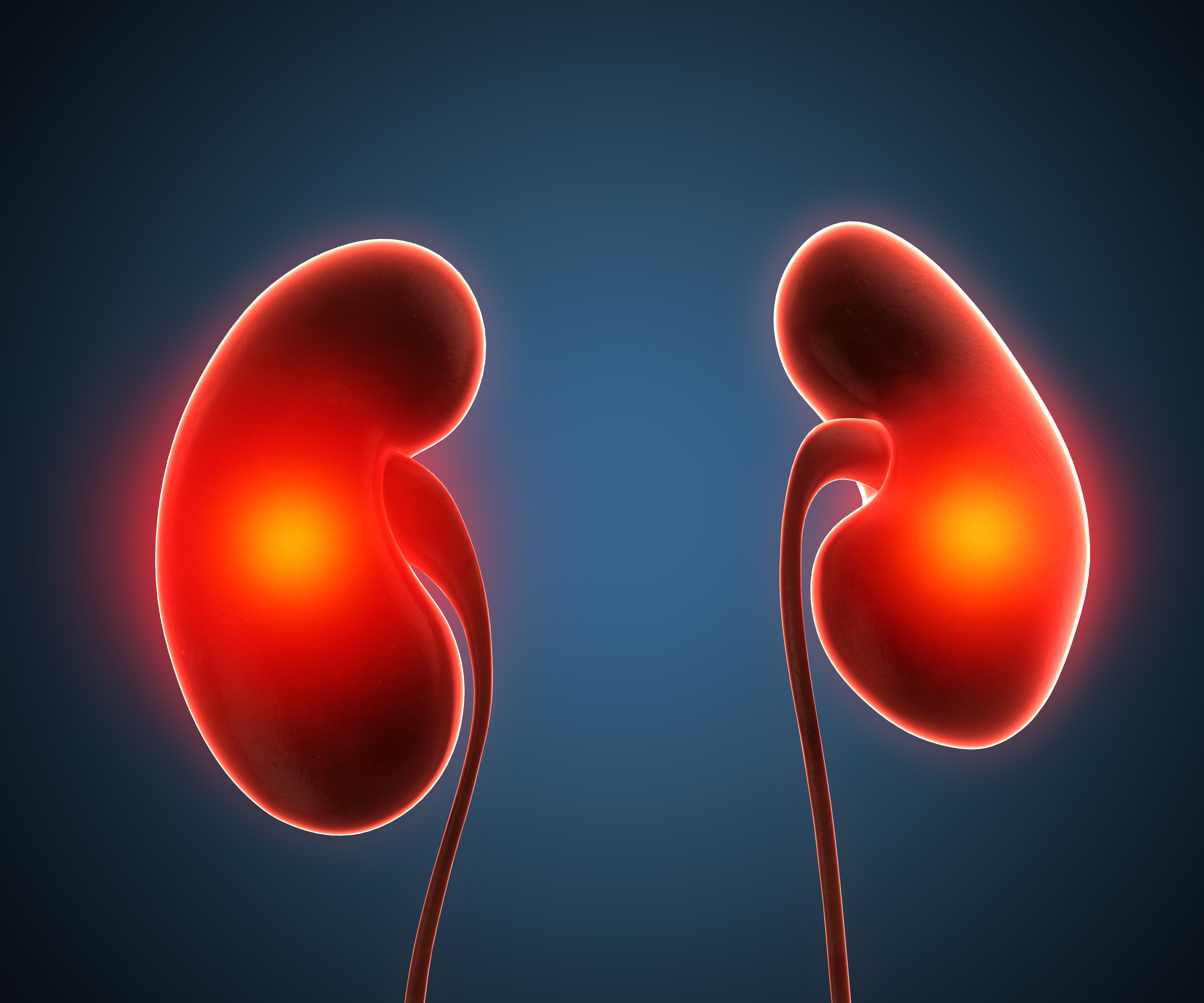News
Article
Telehealth CBT May Be Effective for Insomnia in Patients on Hemodialysis, Study Finds
Author(s):
A subgroup analysis of hemodialysis patients treated with cognitive behavioral therapy for insomnia was presented at ASN Kidney Week 2023.
Cognitive behavioral therapy delivered by telehealth may be a viable treatment option for patients on hemodialysis suffering from insomnia, according to results from the SLEED-HD study.
Presented at the American Society of Nephrology Kidney Week 2023, findings purported a 98% patient engagement rate, but also called attention to decreased effort and follow-through on sleep recommendations, which investigators suggest might inhibit the treatment's effectiveness.1
“Up to half of all people on dialysis complain of problems that will be diagnosed as chronic insomnia. However, there is no treatment. In the general population, the recommended first-line therapy is cognitive behavioral therapy for insomnia, but the most common go-to treatment is usually drug therapy. So it was important in our mind to compare the efficacy of cognitive behavioral therapy to drug therapy, compared to a placebo in this patient population,” said Rajnish Mehrotra, MD, MS, head of the division of nephrology at the University of Washington, in an interview with HCPLive Nephrology.
Advancing kidney failure is often treated with hemodialysis to help patients carry on an active life despite failing kidneys. While hemodialysis can be efficient for replacing some lost kidney function, patients may experience a wide array of side effects, one of the most common being insomnia. Cognitive behavioral therapy is a first-line therapy for insomnia, but access is limited due to significant dialysis treatment time. Telehealth treatment has been suggested as a solution, but data is limited regarding its real-world value in this patient population.2,3
A parallel-group randomized controlled trial, SLEEP-HD compared the efficacy of treatment with telehealth cognitive behavioral therapy, trazodone, or placebo for chronic insomnia among patients on hemodialysis. Investigators randomly assigned 126 patients treated in community-based dialysis facilities in Seattle and Albuquerque in a 1:1:1 ratio to 6-week treatment with telehealth-delivered cognitive behavioral therapy, trazodone, or medication placebo. The primary outcome of interest was the efficacy of treatment at the conclusion of the 6-week treatment and at follow-up.1
In total, 43 patients were assigned to the 6-week cognitive behavioral therapy telehealth intervention. Among the cohort, the average age was 60.1 (Standard deviation, 15.2) years and 51% of participants were female. The study protocol called for 6 treatment sessions over 6 weeks and 74% of participants had all 6 sessions. During these sessions, participants were asked to keep sleep diaries during the intervention period. Across all 6 weeks, 40% of participants kept a diary while 19% kept none.1
After each session, study therapists rated their perception of the participant’s level of engagement and effort in following the previous week’s treatment recommendations. Engagement scores across the 6 sessions indicated 98% of participants were at least somewhat engaged during the sessions and 83% were well-engaged. Scores for effort were decreased compared to engagement, with 43% rated as putting in considerable effort and 18% rated as not putting in significant effort.1
The editorial team of HCPLive Nephrology sat down with Mehrotra for further insight into the study’s design and the implications of its results for patients on hemodialysis struggling with insomnia.
References:
- Cukor D, Mccurry S, Rue T, et al.Engagement in CBT-I in the SLEEP-HD Trial for People on Long-Term Hemodialysis with Insomnia. Paper Presented at: American Society of Nephrology Kidney Week 2023. November 1-5, 2023.
- Centers for Disease Control and Prevention. Chronic Kidney Disease Basics. Chronic Kidney Disease Initiative. February 28, 2022. Accessed November 2, 2023. https://www.cdc.gov/kidneydisease/basics.html
- Mayo Clinic. Hemodialysis. Tests and Procedures. August 5, 2023. Accessed November 2, 2023. https://www.mayoclinic.org/tests-procedures/hemodialysis/about/pac-20384824





